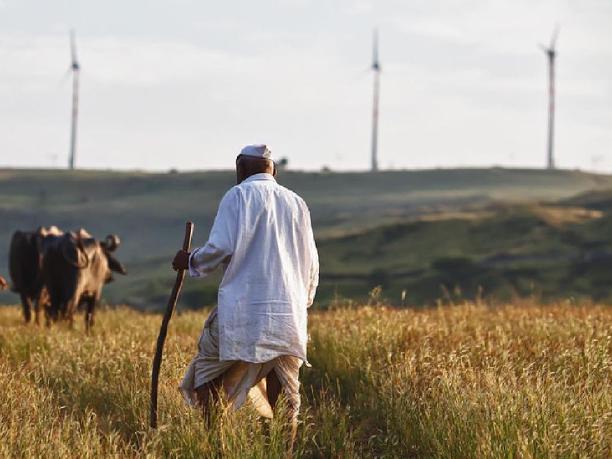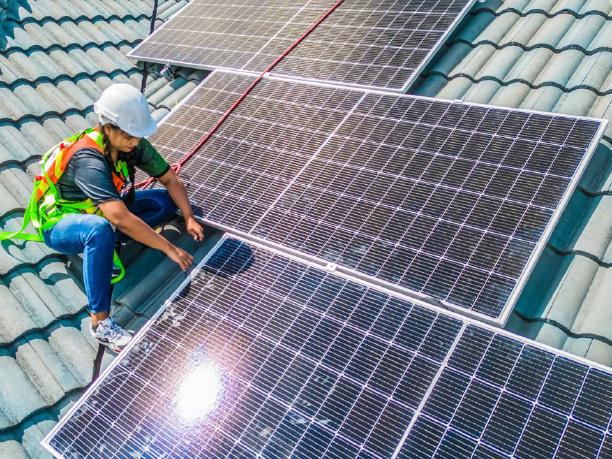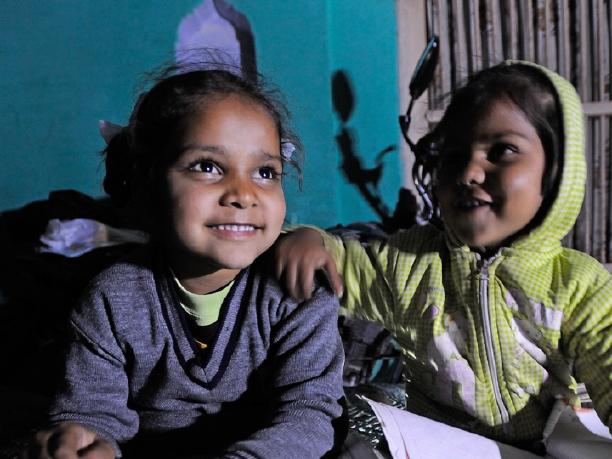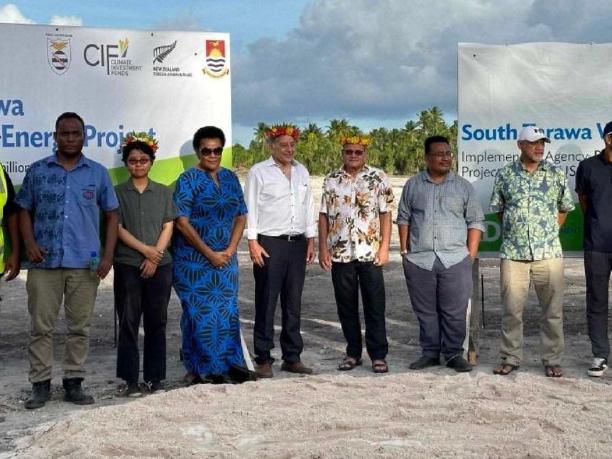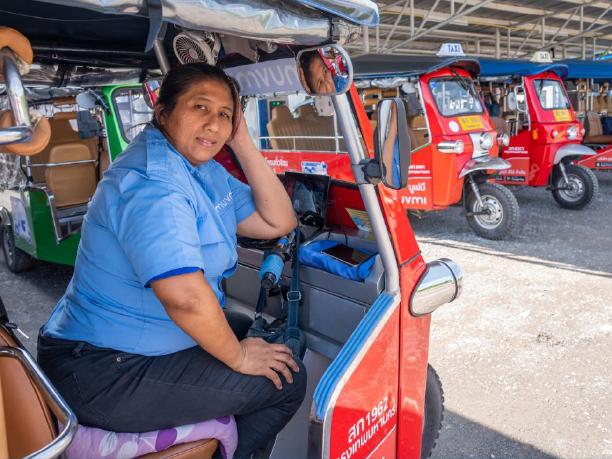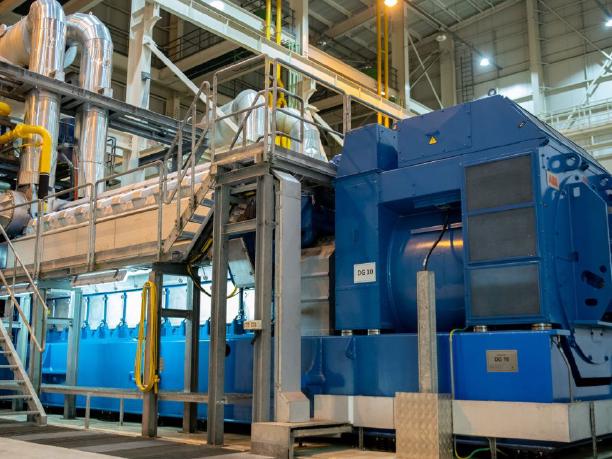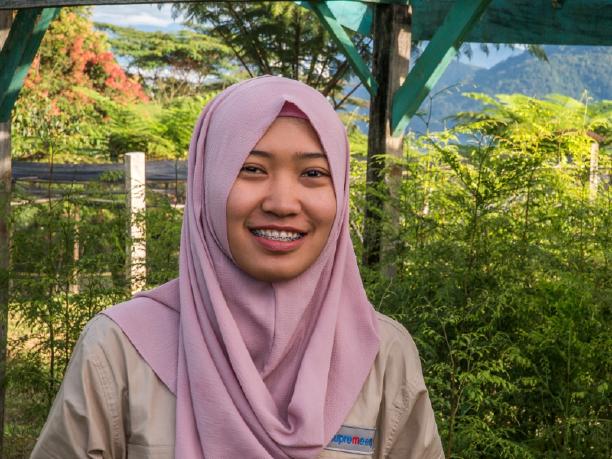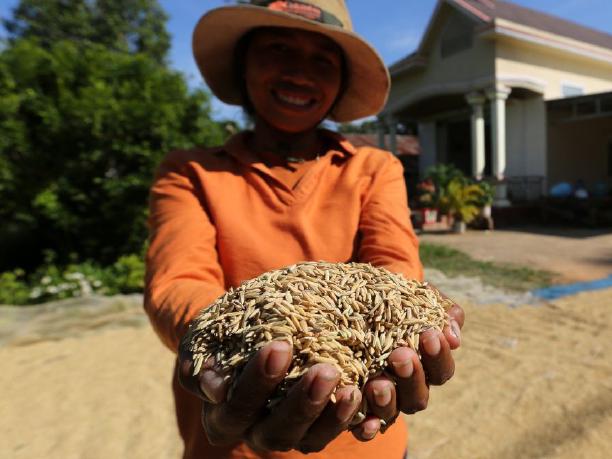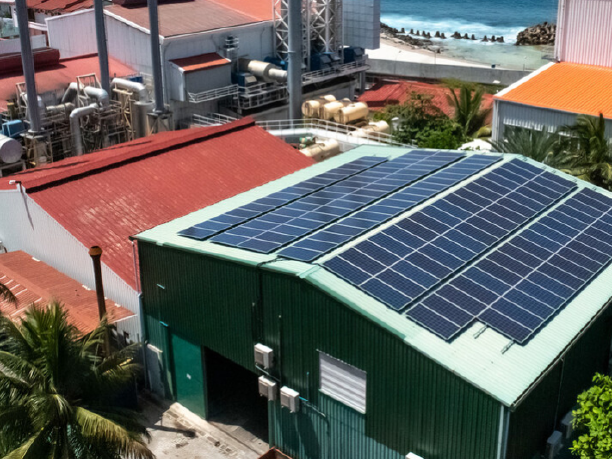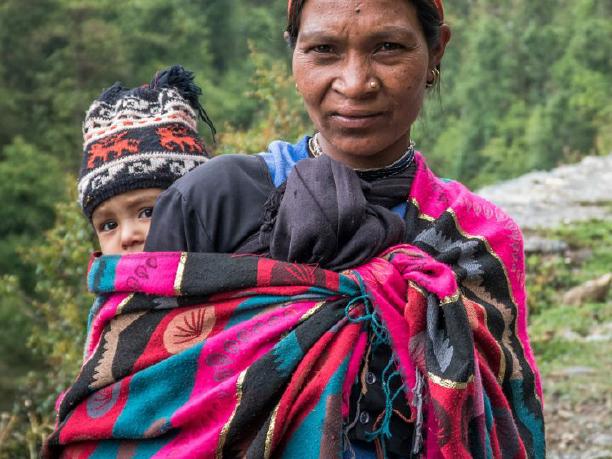Established in 2008 at the request of G8 and G20 countries, the Climate Investment Funds (CIF) aims to help developing and middle-income countries adapt to and mitigate climate change by supporting clean technology, energy access, climate resilience, and sustainable forests. CIF works in partnership with governments, the private sector, civil society, local communities, and six multilateral development banks: ADB, the African Development Bank, the European Bank for Reconstruction and Development, the Inter-American Development Bank, and the World Bank Group (including the International Finance Corporation).
CIF operates through several funding windows, including the Clean Technology Fund (CTF) and the Strategic Climate Fund (SCF), which comprises the Pilot Program for Climate Resilience, the Forest Investment Program, and the Scaling Up Renewable Energy Program. The CTF provides resources to scale up low-carbon technologies with significant potential for long-term savings in greenhouse gas emissions, such as renewable energy, energy efficiency, and clean transport. The SCF provides resources for piloting innovative approaches or scaling up activities aimed at specific climate change challenges or sectoral responses.
ADB, as a CIF partner multilateral development bank, is also responsible for strategic engagement in the design and development of new programs under CIF: the Accelerating Coal Transition Program (ACT), Renewable Energy Integration (REI) Program, Nature People and Climate, and Industry Decarbonization.
Under the ACT Program, ADB supported the Government of the Philippines in developing its coal transition investment plan. In May 2024, CIF endorsed this $500 million investment plan for a just transition from coal to renewable energy. ADB also assisted the Government of Indonesia in finalizing its investment plan, which was approved by the CTF Trust Fund Committee for $500 million in June 2023. The technical assistance (TA) project “Accelerating the Clean Energy Transition in Southeast Asia” supports the ACT program by helping the governments of Indonesia and the Philippines advance their transition to clean energy and align with the Paris Agreement.
ADB also engaged with Fiji to finalize its Renewable Energy Integration (REI) Program investment plan, which was approved by the Global Climate Action Program (GCAP) subcommittee on 10 November 2023. The GCAP subcommittee allocated $30.5 million in REI funding to support a modular approach to be determined by the investment plan’s indicative pipeline. Another TA project, Preparing Clean and Renewable Energy Investments in the Pacific, intends to remove market barriers to energy investments in Fiji as part of ADB’s Pacific Program. Further to the REI program, ADB is working with the Government of India to prepare its REI investment plan with an indicative allocation of up to $70 million.
ADB is also assisting Fiji in preparing another investment plan with an indicative allocation of up to $30 million under the Nature, People, and Climate program. ADB’s engagement at the upstream strategic level helps developing member countries achieve a transformational impact on climate change through these projects.
In July 2024, CIF established the Capital Markets Mechanism, an initiative designed to raise investment capital directly from international capital markets. This mechanism aims to unlock private sector capital to accelerate clean energy and sustainable infrastructure projects in emerging economies.
